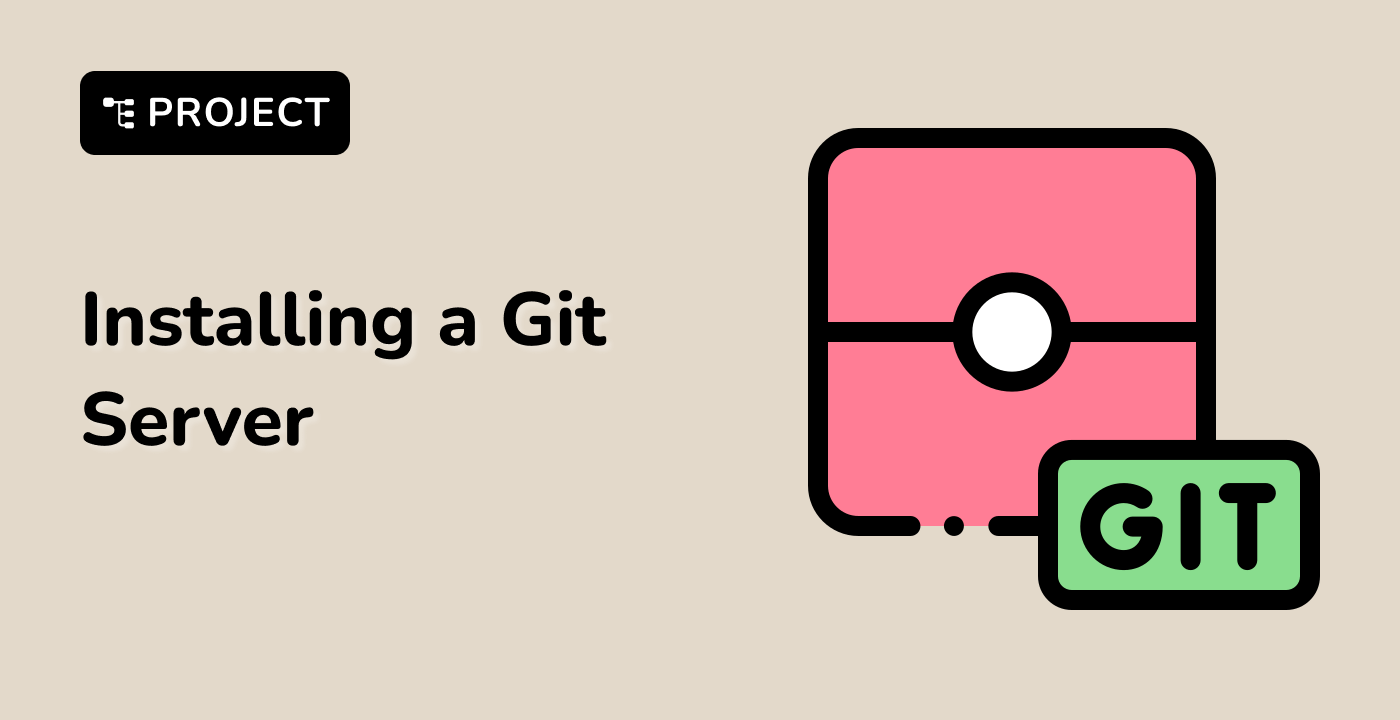Introduction to Copilot
What is GitHub Copilot?
GitHub Copilot is an advanced AI coding assistant developed by GitHub and OpenAI, designed to revolutionize the way developers write code. As a machine learning programming tool, it provides intelligent code suggestions and autocompletion directly within integrated development environments.
Core Functionality of AI Coding Assistant
Copilot leverages large language models to understand context and generate code snippets across multiple programming languages. Its primary capabilities include:
- Real-time code suggestion
- Intelligent autocomplete
- Context-aware code generation
flowchart LR
A[Developer Types Code] --> B[Copilot Analyzes Context]
B --> C[AI Generates Suggestions]
C --> D[Developer Reviews/Accepts Code]
Technical Architecture
| Component |
Description |
| Machine Learning Model |
GPT-based neural network |
| Training Data |
Public code repositories |
| Integration |
VS Code, JetBrains IDEs |
Ubuntu 22.04 Installation Example
To install GitHub Copilot on Ubuntu 22.04, developers can use the following command sequence:
## Install VS Code
sudo apt update
sudo apt install code
## Install Copilot Extension
code --install-extension GitHub.copilot
Practical Code Generation Scenario
Consider a Python function for calculating Fibonacci sequence:
def fibonacci(n):
## Copilot can automatically complete this function
if n <= 1:
return n
return fibonacci(n-1) + fibonacci(n-2)
By understanding developer intent, Copilot generates efficient, context-aware code solutions across various programming challenges.




